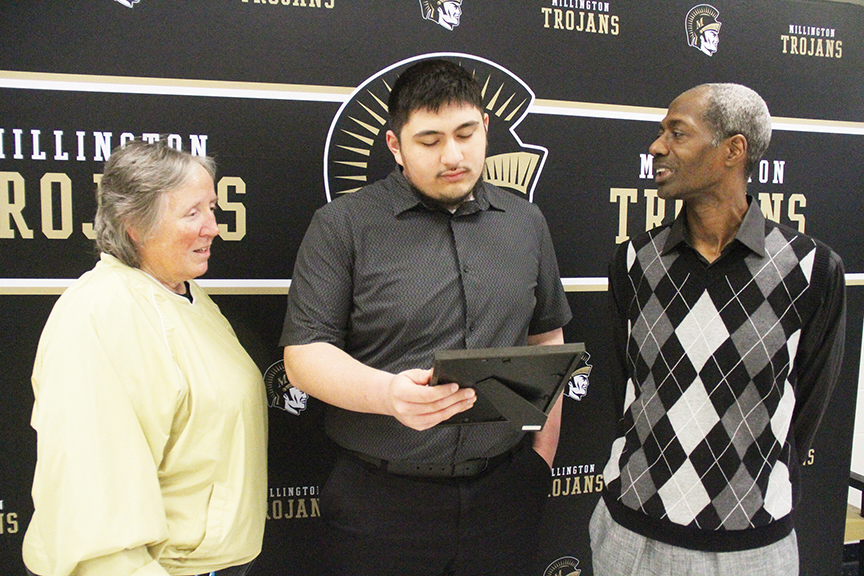Posted on December 15, 2016.
By David Peel
Medical Negligence happens every day in our area. According to the Journal of the American Medical Association (JAMA), medical negligence is the third leading cause of death in the U.S.—right behind heart disease and cancer. However, very little medical negligence actually leads to a medical malpractice suit. To have such a suit, the claimant must sustain serious injuries or death. This is due to the enormous costs of these cases. The simple missing of a prescribed dosage of medicine in a hospital is negligent, as the nurse, doctor or hospital staff performed below the accepted standard of care. But, it may not be serious enough. So, not only must the lack of care or medical mistake be made, it must directly cause the serious injury or death, and it must be proven that the damages would not have happened otherwise. For example, if a baby goes in to fetal distress, and labor continues, the standard of care usually requires a doctor to deliver by emergency C section. Any unreasonable delay of the C-section may result in brain damage to the child. This type of case can include the costs to care for the child for life. Medical malpractice has led to many better procedures. For instance, patient identifications are often checked to assure that they are no longer confused. Prior to surgery, the proper location is to be marked and prepped. This now is to be double-checked. The reason is that doctors have amputated the wrong leg. They have also removed the wrong kidney before. These certainly qualify as serious cases that were completely avoidable. How can you stay safer? 1. Ask Questions: Don’t be intimidated by doctors and nurses. You can be nice, but firm, in seeking answers. Also, patients with family and friends staying seem to get better care. 2. Double check medications: You can ask what a drug is, and what it does. Pharmacies make mistakes too. Look up the pill and compare the color, size and shape. 3. Get second opinions: This is especially important before an invasive procedure, like a cancer surgery. Pro-“tort-reform” folks would have you believe that there are wild numbers of medical-malpractice claims. States like Tennessee now have substantial limits on damage awards in medical-malpractice claims. These limits do not stop false claims but simply penalize the few catastrophically injured, and shift the burden of care to you to pay for Medicare or Medicaid. Claims have been declining for years now. But negligence hasn’t. Be careful.
Peel seeks justice for those injured in motorcycle, truck and car accidents, disability and medical malpractice. He often addresses churches, clubs and groups without charge. Peel may be reached through PeelLawFirm.com wherein other articles may be accessed.




